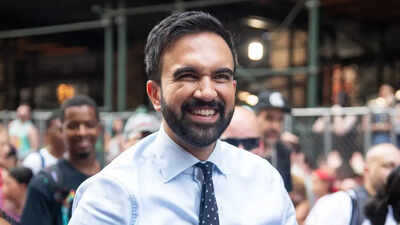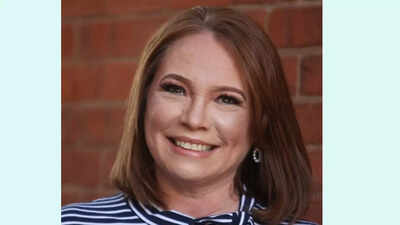Zohran Mamdani’s education policies: Bold vision or risky experiment?

Zohran Mamdani, the Democratic socialist frontrunner in New York City’s 2025 mayoral race, has put forward a set of education reforms that aim to overhaul the city’s public school system. As quoted by Chalkbeat, Mamdani said, “Our education system must prioritise equity from the earliest grades, ensuring that every child has the opportunity to thrive regardless of background.” His proposals have drawn both enthusiastic support from advocates of progressive reform and sharp criticism from educators and policymakers concerned about potential unintended consequences.The debate is particularly heated because New York City schools have seen two decades of measurable progress under mayoral control. According to New York Post, Mamdani argued that “Gifted and Talented programs at the kindergarten level segregate children and perpetuate inequity,” a stance that challenges a system many credit with improving literacy and graduation rates citywide. Supporters see this as a long-overdue move towards inclusivity, while opponents warn that dismantling existing structures could harm students who benefit from advanced learning opportunities.Phasing Out Gifted and Talented ProgramsMamdani’s plan to phase out kindergarten G&T programs embodies his vision for an equitable system. He told New York Post, “We need a system where excellence is not reserved for the few but built into opportunities for all children.” Advocates argue that the current G&T programs disproportionately benefit affluent families and fail to serve a diverse population. Critics, however, caution that removing these programs could deprive advanced learners of crucial early support, prompting some families to seek private or charter alternatives.Co-Governance in School LeadershipAnother central proposal is co-governance, in which parents, community groups, and city officials would share decision-making authority. In conversation with Gothamist, Mamdani explained, “Schools should be run by communities, not just a top-down bureaucracy.” Proponents say this approach could increase accountability and responsiveness to local needs, while detractors fear it might diffuse responsibility and slow critical decisions in a city with over 800,000 students.Expanding Restorative Justice PracticesMamdani also advocates expanding restorative justice as an alternative to traditional disciplinary systems. As reported by Vox, he said, “Punitive systems often fail our students; we must focus on repairing harm and fostering understanding.” Supporters argue that restorative justice can reduce suspensions and expulsions, especially among marginalised students, and create a more inclusive school culture. Critics, however, worry that less traditional discipline may undermine classroom authority and lead to disruptions.Rejecting Charter School ExpansionOn charter schools, Mamdani has taken a firm stance against expansion. According to The New Yorker, he remarked, “Charter schools often drain resources from public schools and exacerbate segregation.” Supporters of charters contend they provide essential alternatives and foster innovation in the education system. Critics of Mamdani’s position argue that restricting charters limits parental choice and reduces avenues for high-performing schools in underserved areas.Funding Through Progressive TaxationTo finance these initiatives, Mamdani calls for higher taxes on the city’s wealthiest residents and corporations. As quoted by Gothamist, he said, “The wealthiest must contribute more so we can offer universal childcare and public college opportunities for all.” Advocates of this approach argue it ensures a fairer distribution of resources for essential programs, while opponents caution that higher taxes could affect the city’s economic competitiveness.Mamdani’s proposals reflect a bold vision for equity and inclusivity, but they also raise difficult questions about effectiveness and trade-offs. As he told Chalkbeat, “Progress requires bold steps, not just incremental change.” Whether his reforms can improve opportunity without undermining the measurable gains achieved under mayoral control will be a key point of scrutiny as voters weigh the future of New York City’s public schools.





